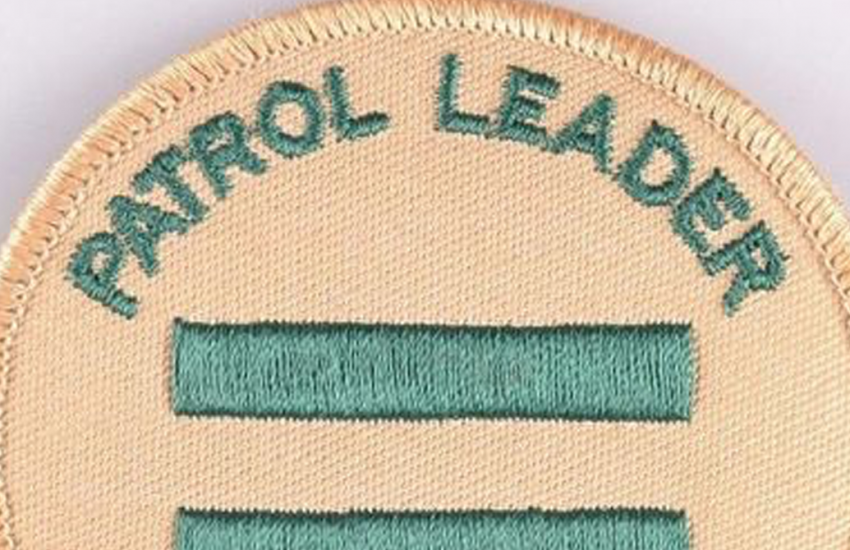Being a patrol leader in the Boy Scouts (ScoutsBSA) can be hard. It can be easier with these tips on servant leadership. Use these ideas to make leadership easier, and have more fun while doing it.
Show Notes:
- Introduction to Leadership for Troops (ILST) (BSA PDF)
Transcript:
Being a patrol leader is a hard job. This job is made harder if the new patrol leader was previously the joker, or the one that may have caused the trouble in the patrol.
The other boys, rightly, or not so rightly, may want to give him or her a little taste of his own medicine, and act out, be stubborn, and cause a little havoc of her own.
It’s obviously not the scouting thing to do, but it does happen.
But as the patrol leader how do you get them to listen to you, and follow your directions?
The key, might just be in servant leadership.
Servant leadership is showing by example, taking an active part in what needs to happen for the benefit of the entire group.
It’s a hard concept. Boys or girls in charge naturally assume they direct the action, and not take part, and in some groups this works, but most often you get lack luster participation and lots of arguing.
By being a servant leader, it takes away the excuse and perception that the patrol leader is not doing anything.
When it’s Johnny’s turn to cook, the patrol leader can assist, so instead of Johnny saying, I cooked last time, or just avoiding doing whatever the tasks, the patrol leader can say, Johnny, you are the head cook for the meal, I will give you a hand pulling out the ingredients.
This puts the patrol leader and Johnny as team, which makes it harder for Johnny to complain, as we are all in this together.
Servant leadership principles emphasize helping others grow and harness their maximum potential, empowering both individual team members and the group to be successful.
This can be best accomplished through the assigning of tasks. Tasks are often seen as punishment, when if fact they can be growth opportunities.
Taking the last example, of cooking. When defining who will cook, often everyone will get a turn cooking, cleaning up, etc. But a proactive patrol leader, having a meeting prior to the camping event, will review everyone’s books, and see if any of the tasks can lead to advancement, and then give that opportunity to the right person.
Having reasons for tasks goes a long way to getting compliance for tasks.
Telling Johnny to “wash this pot” may not get the results neeed, but telling Johnny to wash the pot so we can pack up the camp kitchen, or because we need it for the next meal, or because the animals will get to the leftover food and make a mess might get a better result.
But this is what works for us.
Take what you like and leave the rest, and as we say in Woodbadge, feedback is a gift, leave yours below in the comments, with the hope we can all learn together.
I’m Scoutmaster Dave, and this was a little on Servant Leadership.




